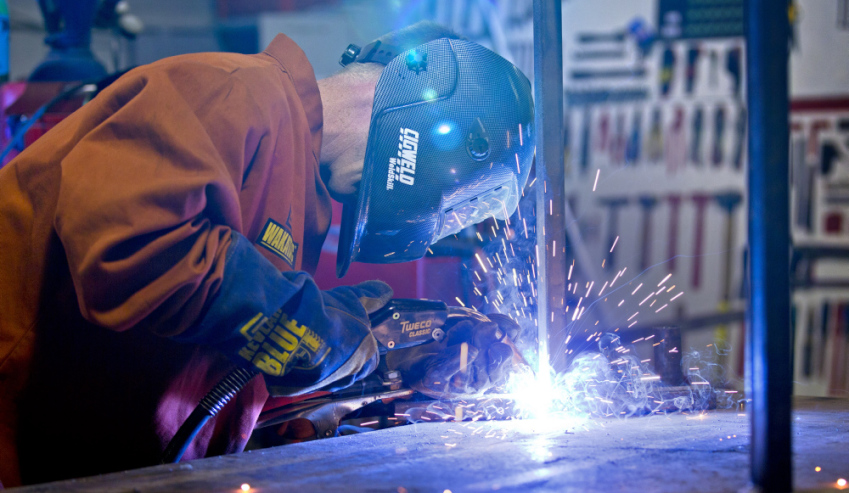SA Minister for Industry and Skills David Pisoni has announced the nation’s first Advanced Welder Training Centre (AWTC).
It is anticipated that the continuous naval shipbuilding program in South Australia will require around 2,600 tradespeople from 2020 to 2027. Almost half of this demand will be for welders.
Minister Pisoni pledged $1 million worth of funding for the AWTC, which will be based at the Regency Campus of TAFE SA. The newly refurbished centre will feature a state-of-the-art augmented reality lab equipped with the most advanced welding simulators available anywhere in the world.
The AWTC is a partnership between TAFE SA and Weld Australia. Weld Australia will work in close collaboration with TAFE SA to ensure the success of the project, and anticipates that the AWTC will open later this year, with an additional five AWTCs to receive funding for establishment in 2018 and similar numbers expected in the next two years.
Weld Australia chief executive Geoff Crittenden said, "This technology is three times cheaper, faster and more effective when compared to traditional training methods. By using this technology, TAFE SA will not only be able to upskill existing welders, but also train transitional workers and apprentices to be part of the defence program.”
The AWTC will raise the standard of welder education in Australian exponentially, placing the country's welder training on par with the best in Europe and America. The training delivered at the AWTC will quickly qualify welders to the only industry standard in the world that is accepted in both Europe and America: ISO 9606-1 Qualification testing for welders - Fusion welding, which is the minimum requirement for welders to work on rolling stock, defence and infrastructure projects.
Weld Australia convened an Industry Skills Group in mid-2017 to prepare a training curriculum tailored for both experienced welders and transitional workers. The courses were accredited by the Victorian Registration and Qualifications Authority in late 2017. As a result, TAFEs around the country can now teach the accredited course, with funding provided by their parent state government.






